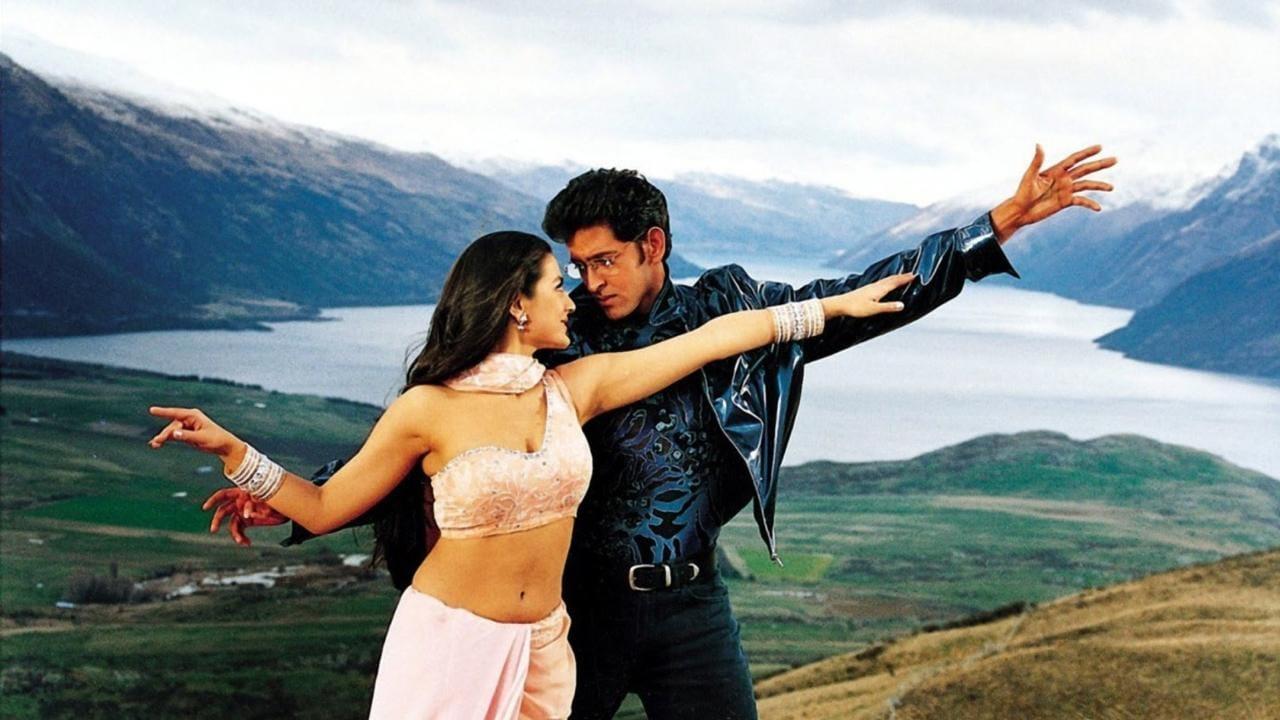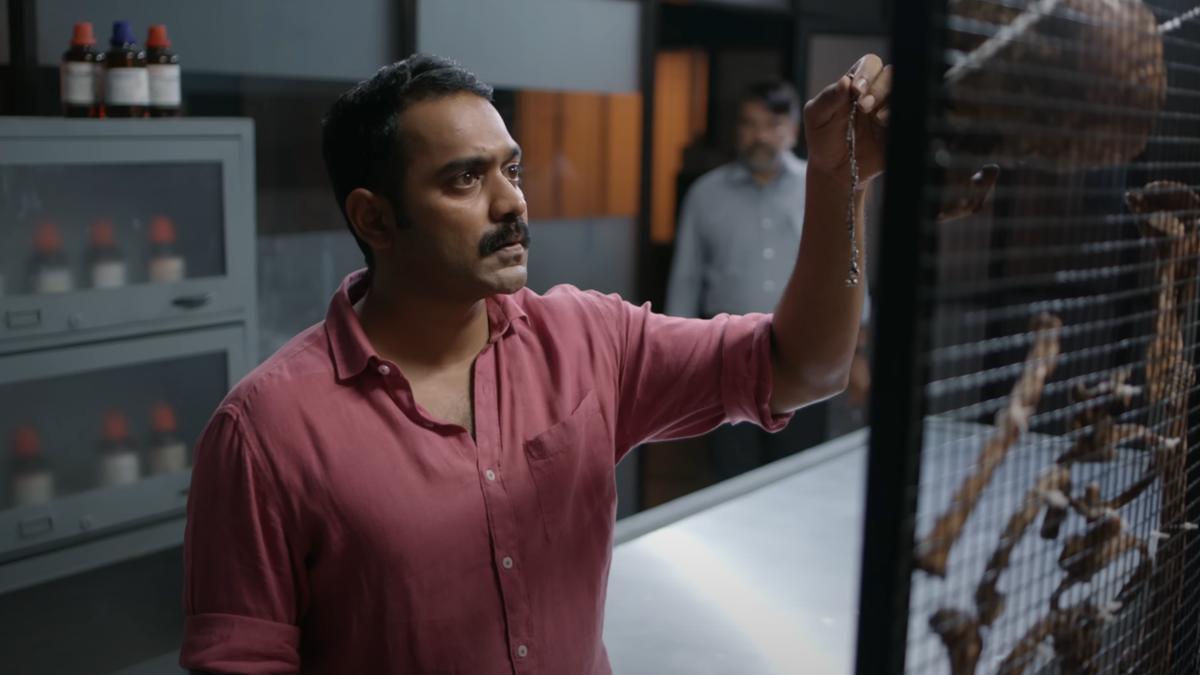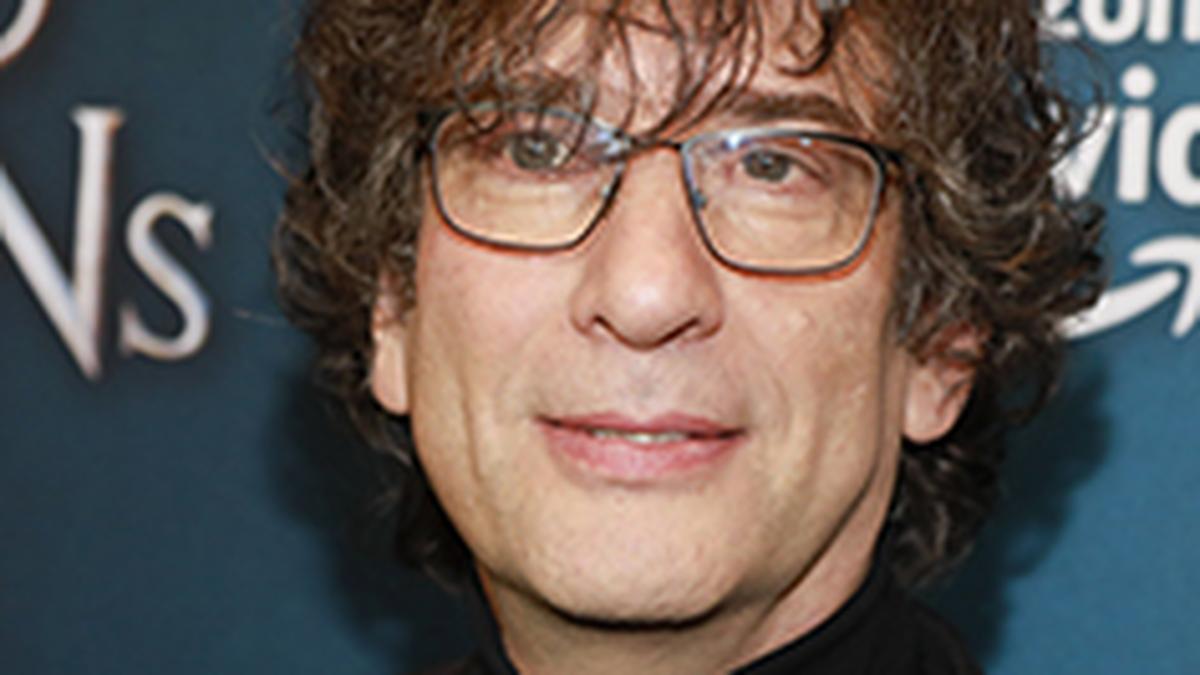
Anu Aggarwal, best known for her roles in the musical romantic drama “Aashiqui” and the entertaining film “King Uncle”, recently shared a surprising revelation about the Bollywood industry during the 1990s. In a candid conversation with Lehren on Instagram, Aggarwal divulged how she was frequently approached by filmmakers who, despite having monetary deals ready, lacked prepared scripts for their movies.
The actress, who transcended overnight stardom with “Aashiqui,” reminisced on her experiences with incredulity. “I was shocked to see that people who didn’t have their scripts ready would come to sign me up for a film. They would have the money ready, and I would say I don’t want to sign with the money. I would like to hear the script,” Aggarwal explained.
Elaborating further, she added, “They would say the script will be made so you can sign.” She expressed her dismay, emphasizing the importance of understanding her role and the overall story. “This was the way, and because I am an actor, I would like to see what my role is, what the story is. Everything is important. Nobody would have a script… 98 percent of people would not have the script.”
Aggarwal’s name became synonymous with early 90s Bollywood after featuring in “Aashiqui.” Directed by Mahesh Bhatt, the film also starred Rahul Roy and Deepak Tijori and had an immensely popular soundtrack created by the composer duo Nadeem–Shravan. The music was such a hit that it established the duo’s career trajectory and earned a place of honor in Bollywood music history. The soundtrack album of “Aashiqui” was rated fourth by Planet Bollywood on their list of “100 Greatest Bollywood Soundtracks,” and it held the distinction of being the best-selling Bollywood album at the time of its release.
.
Over the years, “Aashiqui” proved its enduring legacy not just through its music but also through cultural impact. In 2002, it was remade in Kannada as “Roja.” The film further inspired a sequel, “Aashiqui 2,” directed by Mohit Suri, featuring a new storyline and fresh cast, including Aditya Roy Kapur and Shraddha Kapoor. “Aashiqui 2,” released in 2013, achieved acclaim, demonstrating the timeless appeal of its predecessor.
Anu Aggarwal’s candid comments about the lack of scripts during negotiations reflect larger industry practices that were prevalent in Bollywood during the 90s. Despite these challenges, she managed to make a significant name for herself. Besides “Aashiqui,” Aggarwal also appeared in various other films that cemented her status as a noted actress of her time.
The actress’s reflection on the past brings forth questions about the evolution of the Indian film industry. Today, with structured storytelling and more emphasis on narrative, there is a discernible shift towards detailed script preparation before embarking on film projects. However, Aggarwal’s experiences serve as a reminder of an era where the industry often prioritized immediate commerce over creative processes.
Actress Anu Aggarwal’s stories are crucial not only for recounting personal career anecdotes but also for highlighting systemic issues within the industry at that time. Her retelling offers a glimpse into the complexities faced by actors who sought meaningful engagement with their work amidst commercial pressures. For budding actors, her experiences underscore the importance of understanding one’s role and the story being told. For filmmakers, they emphasize the need for preparation and respect for the artistic process.
Today, Anu Aggarwal continues to inspire with her candid revelations and reflections on her era of Bollywood. As someone who braved the industry’s inconsistencies, she stands as a testament to dedication and passion in the pursuit of art. Her journey from the heights of Bollywood stardom to her life post-cinema is an evocative tale of resilience and conviction. In telling her story, Aggarwal fosters a deeper understanding of the film industry’s evolution and the essential human element behind the scenes.










